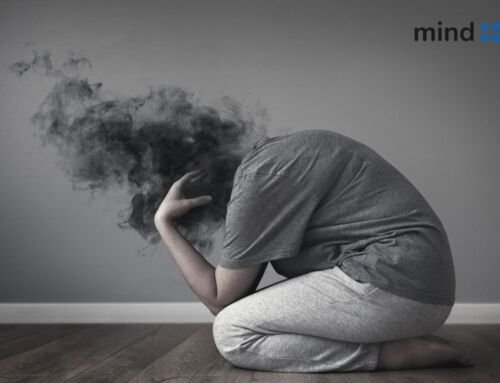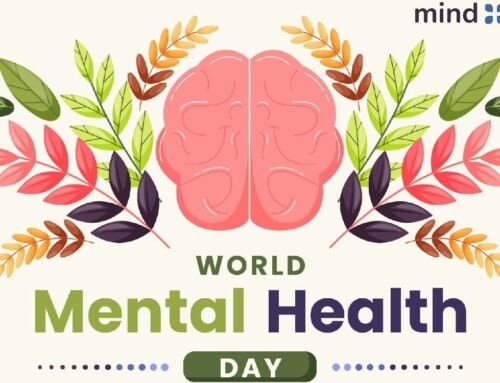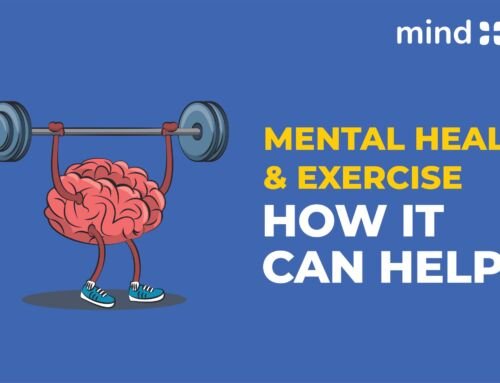FACTS ABOUT BIPOLAR AFFECTIVE DISORDER (BPAD)
By Saima Bano, Clinical Psychologist
Previously known as Manic Depression, Bipolar Disorder is a mental health illness that manifests in significant mood swings, including emotional highs (hypomania or mania), and lows (depression). It is a long-term, complex mood disorder. It is a significant factor in disability globally. When a person experiences depression, he/she could feel sad or hopeless and stop enjoying or being interested in most activities. While on the contrary when a person experiences mania or hypomania, he/she can feel ecstatic, energized, or particularly irritable. These mood swings can affect a variety of things, including behavior, activity, sleep, perception, energy, and the ability to concentrate.
Some Facts Regarding BPAD
1. It is a common disorder as, every year between 0.5 and 21 per 1000 Indians are affected by bipolar disorder, which often first appears between the age range of 20 and 30 and there is no one known cause of the bipolar disorder, according to researchers. Currently, they think many things can cause the initial bipolar disorder episode or raise the chance of getting it:
- The presence of a first-degree relative with bipolar disorder, such as a sibling or parent
- Times of severe stress, such as those following a loved one’s passing, emotional abuse as a child, or any terrible experience
- The average levels or activity of several chemical signals in the brain have been found to vary slightly according to research.
- Irritable bowel syndrome and asthma are two examples of medical comorbidities that may indicate that the two conditions have an inflammatory etiology.
- Alcohol and drug abuse.
2. There are different forms of bipolar disorder these are:
- Bipolar I (there is at least one manic episode).
- Bipolar II (there is at least one hypomanic episode).
- Cyclothymic Disorder (Hypomanic and depressed symptoms cycle rapidly).
- Bipolar and related disorders are caused by drugs or alcohol.

3. Bipolar is more than just being moody, mood swings or moodiness are very different from the dramatic highs and lows of bipolar illness. Bipolar disorder patients go through drastic variations in their level of energy, activity, and sleep. Extreme highs and lows are experienced by those who have bipolar disorder, but these are substantially different from the mood swings that all encounter. Bipolar disorder is not indicated by waking up joyful, feeling worn out and grumpy by lunchtime, and then feeling happy once again after a nice evening. It makes no difference how frequently this occurs to you. Manic/hypomanic symptoms must last for several days in succession, not just a few hours, to qualify for a diagnosis of rapid-cycling bipolar disorder. The symptoms of Bipolar disorder include tremendous highs and lows that frequently arise out of context and linger for lengthy periods. Hospitalizations are frequently necessary because of this experience, which can be crippling.
4. There are several different mood abnormalities associated with bipolar disorder, such as mania, hypomania, and depression.
- Mania: Overactivity, excitation, and psychomotor agitation are characteristics of mania. This observably heightened mood state can seriously disturb a person’s regular life. Grandiosity, excessive optimism, or poor judgment is frequently present during manic episodes. A sensation of separation from reality may result from psychotic symptoms such as hallucinations or delusions that are present in mania.
- Hypomania: is a milder kind of mania that is characterized by increased mood, activity, and energy.
- Depression is a condition marked by a persistently depressed mood and a decrease in activities and energy.
A time span in which any of these occur is referred to as an episode. People frequently go through episodes where they exhibit both hypomanic/manic and depressed symptoms. This is a ‘mixed features’ episode. People who are going through a mixed-feature episode may feel incredibly energetic while also feeling incredibly empty, hopeless, or depressed.
Treatment Options for Bipolar Disorder
Bipolar disorder cannot be entirely avoided. To stop bipolar illness or other mental health issues from getting worse, treatment should be sought as soon as a mental health disorder manifests. Treatment for the management of bipolar includes a combination of medication, psychotherapy (CBT & IPSRT), and adapting to healthy lifestyle changes such as putting in efforts to bring in changes in a person’s daily activities can manage bipolar disorder better. The following can be incorporated for the same- sticking to a routine for eating and sleeping. Simultaneously giving structure to days in order to keep self engaged and busy throughout the day.





